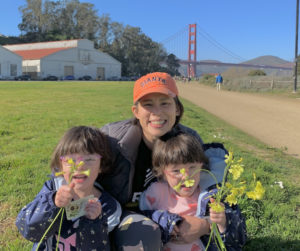Last Friday — February 11th— was a day when we recognize the incredible contributions that women make in STEM fields and acknowledge the unique hurdles they face. How did this day come to be? As many of us are familiar, when it comes to participation in science there is a rift between the genders. Only about a third of scientific researchers are women [1]. Those that establish a career in science typically receive lower grant amounts and are paid less [1-2]. Many women report being treated differently during their education or professional careers — whether the bias is explicit or implicit. Discrimination due to race/ethnicity and sexual orientation can add additional impediments to success [3-4].
Recognizing these challenges, in 2015 the United Nations General Assembly established February 11th as the International Day of Women and Girls in Science. Every year on this day, we recognize the need for equal access and success of women and girls in science. At Mission Bio, many of our female employees are either active researchers or trained in scientific disciplines. We asked a few of them some questions about their personal experiences and their take on how we can enable women and girls to succeed in science.

Vanee Pho-Conners
Director of Product Management
1. Please share an example of a challenge that you have faced that other women in this field might also face?
There was an expectation that female scientists will quit being in the research lab once they are married and likely not go back to the lab after having kids! Women will wash labware in the lab (came from a poorly funded lab). As an Asian American in science, there was this expectation that I had no life outside of the lab and felt there was this underlying pressure that I was free to come in on weekends to help check on experiments.
2. What was one influential factor that helped you succeed in science?
Great mentorship and friends. I was so fortunate to have good friends outside of the lab to help me realize there is more to life than my research. Work-life balance is so important to remember when in the throws of getting your Ph.D., grant writing, or publications or in any profession even in the business world. I also had a great female mentor who was also a scientist (turned business) who said to me:
“the work you leave undone is the work you leave for other people”
I’ve often thought of that early in my career as I started out in product management. I believe that her advice helped me grow my career.
3. What do you think are the most important factors to ensure that women who are interested in science pursue education and/or a career in a STEM field?
It took me a while to realize that it is ok to ask for help and how one can use your network to your advantage whether it be for general information, finding your next job, or seeking career advice. This is something I didn’t do enough as a young scientist as I was so busy and did not bother keeping in touch with fellow graduate students, post-docs, and professors. When people reach out to me for help, I then realize I need to do the same for myself. Lastly, as this field can be very male-dominated, the one piece of advice I try to tell people who are just starting out is to not take anything personally.

Maryam Nafissi
Customer Success Manager
1. Please share an example of a challenge that you have faced that other women in this field might also face?
Feeling that I am not smart or tough enough to have a career in science.
2. What was one influential factor that helped you succeed in science?
Supportive mentors and colleagues who took the time to teach me and encourage me to go outside my comfort zone.
3. What do you think are the most important factors to ensure that women who are interested in science pursue education and/or a career in a STEM field?
To have diverse female role models in STEM that they can identify with. To have mentors that listen to them and provide them with the specific support and guidance they need.

Jacqueline Marin
Application Scientist
1. Please share an example of a challenge that you have faced that other women in this field might also face?
A challenge that I’ve faced and I’m sure many other women in this field have is being the only woman in the room, or on the team. It can feel uncomfortable and bring up some gender-based biases or microaggressions. Clear communication and accountability are key to overcoming all challenges.
2. What was one influential factor that helped you succeed in science?
I’ve been fortunate enough to have had wonderful mentors throughout my life. They, along with my family, constantly encouraged me to explore different fields, ask questions, and find what I wanted to pursue.
3. What do you think are the most important factors to ensure that women who are interested in science pursue education and/or a career in a STEM field?”
Firstly, leading by example. Being the first woman in the room can be encouraging to another to take the leap. Secondly, creating opportunities to expose girls/women to STEM (summer camps, internship opportunities, or volunteering to mentor).

Ania Wronski
Director of Market Development and Applications
1. Please share an example of a challenge that you have faced that other women in this field might also face?
Speaking up in meetings and feeling heard. I realized that I had a lot to add and was getting frustrated that I wasn’t contributing as much as I could. When I changed jobs, I took a risk and started off immediately more assertive and was more aggressive in speaking up. I eventually toned it down (I think I went a little too hard!) but it showed me that I could and more importantly, should, speak up.
2. What was one influential factor that helped you succeed in science?
Fantastic mentors, both male and female, gave positive reinforcement to give me the confidence that I was on the right track and doing the right thing. I now have the confidence to know that I am valued and will do an amazing job.
3. What do you think are the most important factors to ensure that women who are interested in science pursue education and/or a career in a STEM field?
Women need to know they have a place in science and that their voice, experience, and perspective are incredibly valued. Our differences make us stronger.
Want to hear the perspective of another amazing woman at Mission Bio? Read our blog featuring an interview with CEO, Yan Zhang, or listen to the podcast.
References
- United Nations: https://www.un.org/en/observances/women-and-girls-in-science-day
- Woolston, C. Pay gap widens between female and male scientists in North America. Nature 590, 677 (2021)
- Calaza, K.C. et al. Facing Racism and Sexism in Science by Fighting Against Social Implicit Bias: A Latina and Black Woman’s Perspective. Front. Psychol., 12 (2021)Cech, E.A. and Waidzunas, T.J. Systemic inequalities for LGBTQ professionals in STEM. Sci. Adv.,7, 2 (2021)










